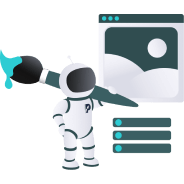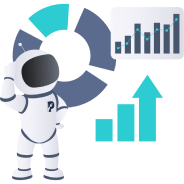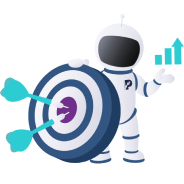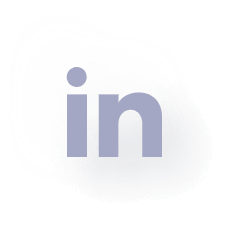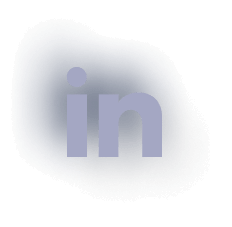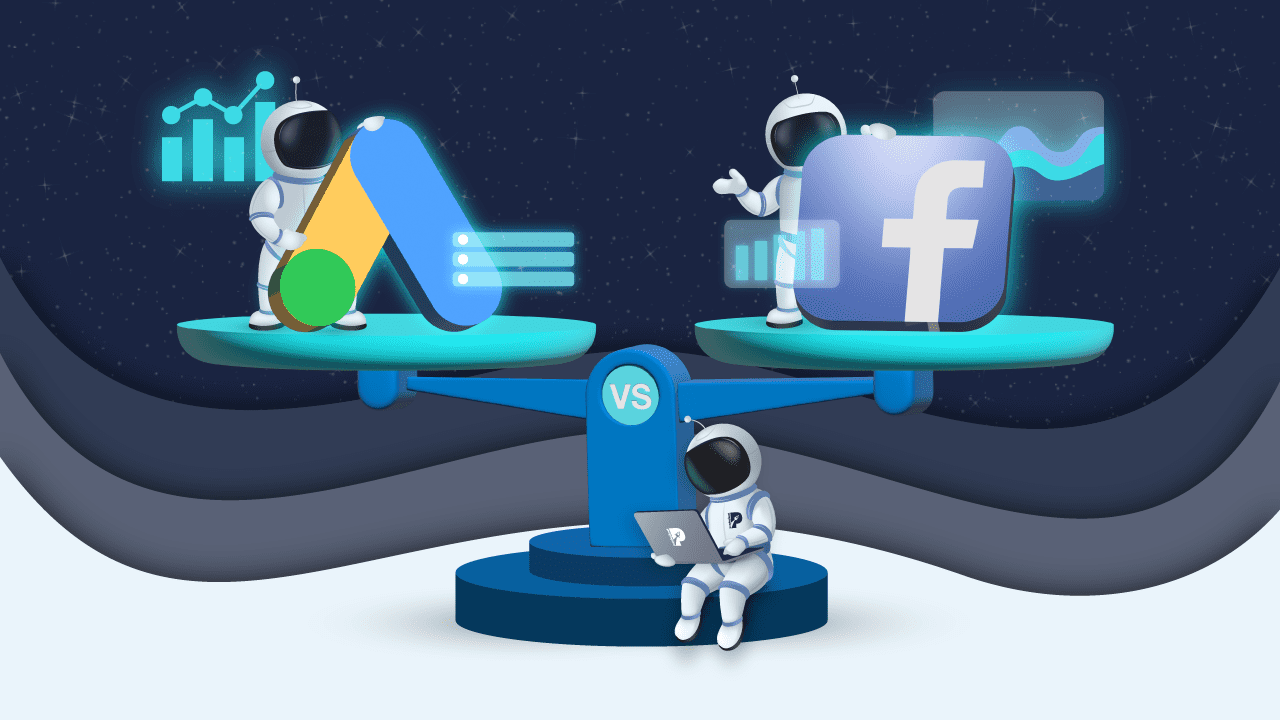

Google Ads vs. Facebook Ads: Which is the best PPC platform?
Google Ads and Facebook Ads are the two most popular pay-per-click advertising platforms. They both function within the auction-based model, where a competitive bidding structure is used to determine which ads are shown.
The key difference between these two platforms is that Google Ads are targeted by keywords (search terms), whilst Facebook Ads are targeted by audiences. This crucial distinction has significant ramifications that we’ll examine further in this article.
While Google Ads are only displayed on Google Search results, Facebook Ads can reach audiences via Instagram, Messenger, Audience Network, and of course, Facebook itself.
But which one is better?
Globally, more than 80% of businesses trust Google Ads for pay-per-click campaigns, and 92% of social media marketers still use Facebook for advertising. Facebook accounts for more than 9% of digital spending on ads and 18.4% of mobile digital advertising globally. Meanwhile, 73% of the paid search market belongs to Google.
Evidently, these two platforms are sitting right at the top of the world of digital advertising – and it’s no wonder:
Did you know that website users are four times more likely to click on Google Ads than any other advertisement network?
Facebook sits just behind Google in the bid for the most popular paid advertising channel, with almost 20% of the digital advertising market share. Nevertheless, Facebook’s audience targeting is second to none – with advertisers’ customer acquisition costs declining by 73% when using its Custom Audiences feature.
When thinking about which advertising platform you’ll use, you’ve got to understand the differences between Google and Facebook. While one may be best for one kind of business, the other could be much more effective for others.
So, let’s examine these two platforms and how they can serve different business needs.
How they work
As mentioned above, both Google Ads and Facebook Ads are pay-per-click advertising platforms, functioning within a competitive bidding system. But what does this mean?
Pay-per-click advertising works by charging the advertiser a fee every time one of their adverts is clicked. The exact fee Facebook or Google will charge you can vary – but we’ll get into that later.
Competitive bidding systems start with advertisers naming their prices for a single click. What happens next depends on the advertising platform:
On Google Ads, you won’t be able to out-bid your competition for the keyword “cheese” if your ad links to a page about chocolate. This means that Google (as with organic search) evaluates the relevance and helpfulness of your page according to search intent.
If your ad meets Google’s requirements (helpfulness and relevancy), they’ll evaluate your ad in comparison with competing ads and bids to determine your ad’s position on the SERPs.
On Facebook Ads, advertisers can choose between bidding for costs per click or costs per 1000 impressions. Facebook will take in the relevance and quality of your ad, as well as the probability of conversions, when evaluating competing bids.
Even with the highest bid, your ad may not appear in the top position if there are more relevant ads – this applies to both Google and Facebook. Both platforms allow users to input daily budgets, so they don’t spend more than they want to.
Google Ads: the advantages
The attractive aspect of placing ads with Google is that they are located right at the top of the SERPs, so they can be seen by every searcher. Their design is also in the same format as organic results, so adverts appear less like adverts.
The other main attraction is that Google users are in a “ready to buy” state – particularly if their searched-for term includes the words: “best” or “sale.” These users are actively searching for a particular product, making it much more likely that they’ll interact with these ads compared with those on Facebook.
Businesses that will benefit most from Google Ads are those with straightforward products because it’s easier for these brands to capture the most relevant keywords.
Google Ads offers three types of adverts: text only, call only, and shopping. While shopping ads appear as images in Google Shopping, call-only ads allow users to instantly phone the advertiser when clicked (i.e., call to click). These kinds of adverts are ideal for those utilising appointments and reservations such as beauty salons, plumbers, and restaurants.
Although Google’s Ad Manager isn’t known for being easy to use, the platform does offer up its Keyword Planner Tool, which brands can use to see how much traffic exists for specific keywords and how much their average cost per click would be.
With 5.8 billion searches a day, Google has more than double the reach of Facebook, which has 1.73 billion daily users.
Facebook Ads: the advantages
Facebook’s audience targeting abilities are second to none, and that’s the main reason why some users prefer it to Google Ads. Though Facebook users lack the degree of buying intent that Google users have, Facebook has extensive targeting options such as income, age, gender, and interests.
Creating Facebook adverts is fairly straightforward because Facebook Ads Manager is so user-friendly. On the contrary, Google’s Ad Manager can be difficult to use. Furthermore, Facebook Ads has an average conversion rate of 9.21%, while Google Ads’ is 4.4%.
While users searching Google may be more “ready to buy”, the highly targeted ads on Facebook mean that brands can generate high levels of brand awareness amongst groups that are most likely to be interested in their products or services.
Facebook can best serve those brands with complicated or nuanced products or campaigns because they don’t have to go through keyword targeting with Google.
Facebook offers six different styles of adverts:
- Video
- Image
- Collection
- Instant experience
- Carousel
- Slideshow
This range of ad formats means brands can have even more personalisation in their advertising – so that all kinds of requirements can be catered for. Regardless of which format you choose, all of them appear similar to regular social media content, which can increase user engagement levels and come across as less “salesy”.
Differences between Google Ads and Facebook Ads
The most glaring difference between Google Ads and Facebook Ads is that Google users are in a “ready to buy” state of mind as they’re often looking to scout out a potential seller there and then. On the other hand, people use Facebook for social and entertainment purposes – so they’re definitely not “ready to buy.”
Given this, lead generation on Facebook takes longer than on Google.
Targeting is different for these platforms, with Facebook Ads utilising Meta’s detailed audience insights and Google Ads reaching users via keywords (search terms). Keyword targeting can prove easier for brands with a straightforward product – as relevant search terms won’t be unknown to target audiences.
Equally, niche or complex business types (perhaps selling innovative products) can find keyword targeting difficult as its own target demographic doesn’t know what to search for to find it.
Whilst Google Search ads are text-only, brands can include images, videos, and graphics in their Facebook ads. This means that brands can convey their ethos, values, and personality much more effectively on Facebook. Plus, they can be made more memorable than a black-and-white text-only Google ad.
As a result of these differences, Facebook is better for building brand awareness and is therefore used more for this purpose, whilst Google is the go-to for advertisers that want to generate leads quickly and find keyword targeting more straightforward.
Which is cheaper Google or Facebook Ads?
Overall, Facebook is the cheaper option. While the average company will spend between $300 and $1000 on Facebook Ads every month, small to medium-sized businesses can spend between $1000 and $10,000 on average each month on their paid Google campaigns.
When zooming in on costs per click, Facebook comes out cheaper again. If we look at all the different types of businesses and keywords in the US, the average CPC for Google Ads falls between $1 and $2. Meanwhile, Facebook’s costs come in lower at an average of $0.97 per click.
Though Facebook Ads comes out cheaper than Google Ads overall, what you’ll pay does depend on several factors.
Due to shopping habits nearer Christmas, Facebook ads tend to be cheaper during the first quarter of the year, peaking towards the last quarter. Here are some other factors that can influence the cost of PPC advertising:
- The campaign’s objectives
- Budget
- The target keywords
- Advert location
- Audience
- Seasonality
- Ad bid
- Your industry
Though some reports indicate the average Google CPC coming in between $1 to $3, law companies may have to pay an average of $6.75 per click on the platform – and that’s not even the most expensive industry.
The keyword “insurance” is the most expensive Google Ads search term, reaching $54.91 per click – showing that insurance is one of the most expensive things to advertise on Google. Surprisingly, this high cost isn’t the same on Facebook, with advertisers in insurance and finance only having to pay an average of $3.77 per click.
Although Facebook is cheaper, it isn’t necessarily the best option for your business. Google Ads has many advantages, as we’ve listed above, that may be perfect for your company. Plus, as we’ll explore below, the rewards you gain may have more to do with how you use the advertising platform.
Is Google AdWords a waste of money?
This is a very common question, so it might surprise some to know that Google AdWords no longer exists. In 2018, it changed to what we now call Google Ads – but some marketers and business owners, new to paid advertising, don’t realise it due to outdated information online.
Though Google AdWords had 2.5 million users in 2016, a lot of businesses wasted money on it. Forbes advised the only way you can reach unlimited potential (without wasting money) on the paid ad platform is to avoid these nine common mistakes:
1. Not tracking data and KPIs
2. Forgetting about negative keywords
3. Not using ad groups
4. Not targeting longtail keywords
5. Only using AdWords to research terms
6. Only advertising your own brand
7. Forgetting to test ad positions
8. Not following up
9. Not keeping an eye on the competition
So, although it’s common for users to waste money on Google Ads, it’s likely because they’re not using it to its maximum capacity.
If you don’t have the time to dedicate to Google Ads, it’s not advisable to use it as it’s likely you’ll lose money on it. Alternatively, if you avoid the above nine mistakes, your business is much more likely to have a cost-effective experience.
So, which one should you be using?
The short answer to this question is that it entirely depends on your business, its size, its goals, its products, and its industry.
If you want to target leads at the point of buying intent, then there’s nothing better than Google Ads. However, businesses wanting to increase brand awareness will fit in well on Facebook. The key here is working out whether your products are search or social-oriented.
The other deciding factor is where your target demographic spends their time.
Whichever advertising platform you choose, make sure you’re using it properly and avoiding the nine common mistakes listed above.
If you need some help with your PPC advertising campaign, purpleplanet can help. Our service, purpletarget, can help your business attract more qualified leads and increase the profitability of your digital advertising campaigns.



